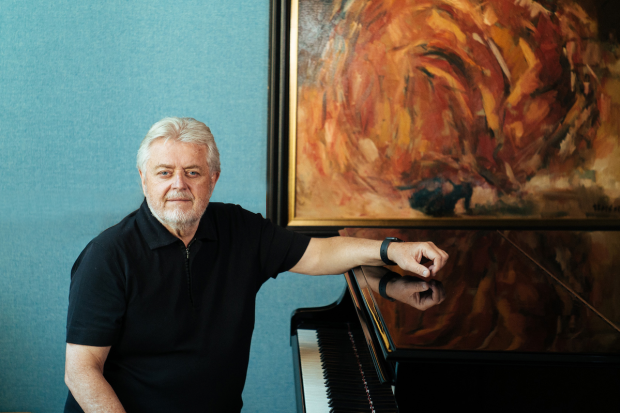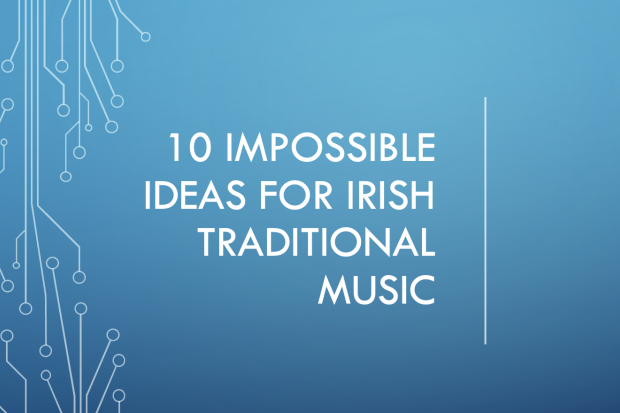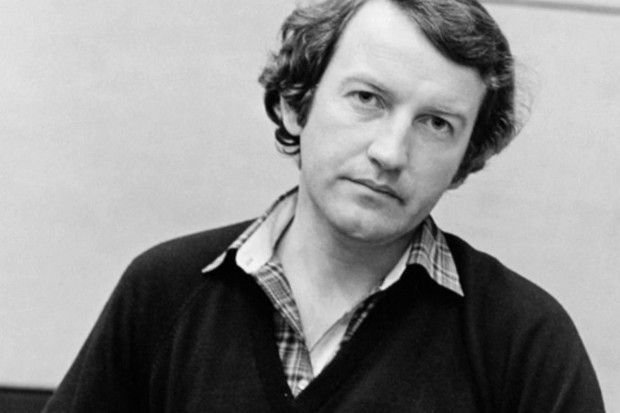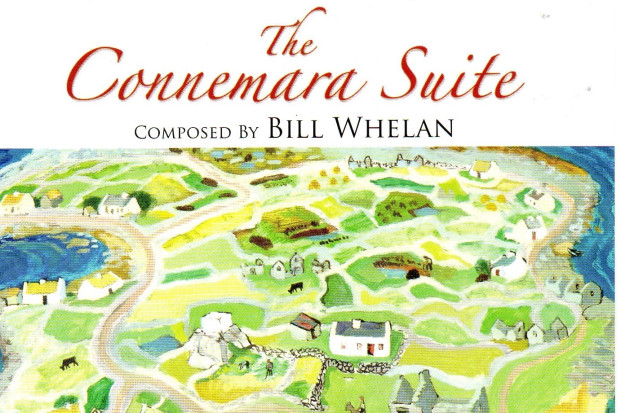
Copyright Storm
I attended the World Copyright Summit in Washington in June 2009 without any particular expectations. Driven by a growing unease at the global confusion about copyright, I wanted to hear first hand how an international convocation principally comprising collection societies, but also including some artists, legislators, rights owners, and broadcasters, might approach this fundamental subject.
In short, I heard little to dispel my unease. Rather, I found much to increase my growing panic – not just because I felt that significant players were missing (internet service providers, young mixers and mash-up artists, downloaders and end users, and so on), but because I found the calm indifference which greeted certain statements made over the two days to be truly alarming.
Perhaps significantly, the conference began on the day after the Swedish Pirate Party had managed to win a seat in the European Elections. This group has in its manifesto the aspiration that ‘All non-commercial copying and use should be completely free.’ In addition, during the conference, the news arrived that the French Constitutional Council had rejected the ‘Création et Internet’ law recently passed in France which provided for the punishment, by disconnection, of illegal downloading.
Whatever one thinks of these two events, all of this activity surrounding copyright points to the fact that those who initiate creative works are in the eye of a storm concerning their future and the future of the next generations of creators. What is profoundly depressing is that few of us are truly aware of what is going on, and those charged with protecting these rights are caught in a miasma of in-fighting, protectionism and legal confusion. Equally, they are being painted as somewhat morally degenerate when they speak up against the arguments advanced by those on the Creative Commons side of the debate. The Creative Commons movement is a rather loose conglomeration of various consumers of intellectual property. Author and journalist Mark Helprin, in his polemical but nonetheless highly illuminating Digital Barbarism: A Writer’s Manifesto (Harper Collins, 2009), describes the movement as follows: ‘It is known informally as the “Creative Commons”, and the charitable mask it presents, selfless people contributing their work – software, music, writing – to the common weal, is merely the cover (not much bigger than a postage stamp) for a well organised effort to cut away at intellectual property rights until they disappear’.
Early in the conference my alarms began to sound when I heard Michael Heller, a Professor at Columbia Law School, announce that the term ‘copyright’ would become increasingly irrelevant in the lexicon of creative artists. Quoting liberally from his book The Gridlock Economy (Basic Books, 2008), Professor Heller seemed to somehow convince this conference that ‘gridlock’ was at the centre of the problems facing rights owners. He implied throughout that this was of their own making. In fact, not only was the expression liberally used by many speakers thereafter, but even Robin Gibb, singer/songwriter and President of CISAC (International Confederation of Societies of Authors and Composers) reading from a closing speech, referred again to ‘gridlock’ as being close to the roots of the problem.
Gridlock occurs for Heller when an intellectual property (or group of properties) has too many owners, leading to difficulties in clearing copyright. This, in turn, leads to underuse. Nothing new here. It is a problem that rights administrators and music users have faced for years, but the baby of copyright cannot be flushed down the drain in the cloudy bathwater of ‘gridlock’. Zahavah Levine, Chief Counsel for YouTube, seemed to interpret ‘gridlock’ as a justification for YouTube using copyrighted material. ‘At last,’ she exclaimed, ‘I feel relief – as if I have had a diagnosis!’
Perhaps the clearest view of the state of the debate was visible when David Israelite, President and CEO of the National Music Publishers’ Association of America, was pitted against Gary Shapiro, President and CEO of the Consumer Electronics Association. (Incidentally, the use of the term ‘Consumers’ for what is essentially a middleman operation is further evidence of the kind of people-friendly rhetoric adopted by such organisations.) Anyway, here was somebody representing copyright owners in a clear debate with one representing those who disseminate copyrighted material via their technology (hardware or software). There is no doubt that Israelite inflicted a bloody nose in this lively debate, but the problem still remained. No matter how clearly he put the principled argument, there seemed to be a dogged resistance to accepting that copyright owners should be properly recompensed. Shapiro did not accept that prior consultation with creators would be preferable to what I call the ‘smash-and-grab and then negotiate’ approach adopted by many of the members he represents.
In the many keynote speeches and discussion groups that formed this summit, too few artists were there to make their views felt. Paul Williams, songwriter and President of ASCAP (American Society of Composers, Authors and Publishers) made an eloquent and impassioned statement that addressed not only the writers need to be properly recompensed, but also the transcendental and personal connection that exists between the creator and the work, and which forms the basis of his or her ‘moral right’. Although Professor Heller sees the future of creativity largely in ‘assembly’ or ‘collage’, Williams voice was raised for those who bring a solitary work into being, often alone, without quilting it into the kind of patchwork creation that helps those in whose interests it is to muddy the waters of rights administration.
Though the film director Miloš Forman spoke powerfully of the problem as it affects film, and the painter and sculptor Frank Stella about his particular discipline, all in all the absence of many people who are at the fountainhead of creativity would give the casual observer cause to think that they don’t really care.
It is a pressing matter for our global village, and for our legislators. It was comforting that Senator Patrick J. Leahy, Senator Orrin G. Hatch and Congressman John Conyers Jnr actively attended and spoke at this conference. They have expressed themselves as staunch supporters of copyright, but their job in crafting appropriate legislation will be made so much easier if a strong public campaign, led by creators, is undertaken to educate people and particularly the next generation of the need for copyright protection as a foundation for future creativity and a cultural economy.
What was missing most from the World Copyright Summit was any scent of a solution. The meeting eloquently displayed that copyright is beset by problems and is under daily attack from powerful corporations. New models for dealing with the current technology have been needed for some time, and the music industry’s response has been characterised by more than a modicum of infighting. As someone memorably remarked at the summit, ‘When we circled the wagons in our business, we ended up shooting at ourselves!’
The fact is that this is not a matter that can be left to those who are simply there to administer and collect the money. This is an urgent matter for all concerned, and the writers and creators themselves must take the lead. In some circles, the argument is portrayed as a battle between the common man and the powerful record companies. It is no such thing. It is a fundamental struggle between the media’s new barons – those ISPs and other illegal purveyors of stolen copyright material – and the creators of music, film, video and indeed all creative works, both present and future.
This is a call to arms for creators. Stand up now and be counted, or remain silent and be permanently discounted!
Published on 1 August 2009

















